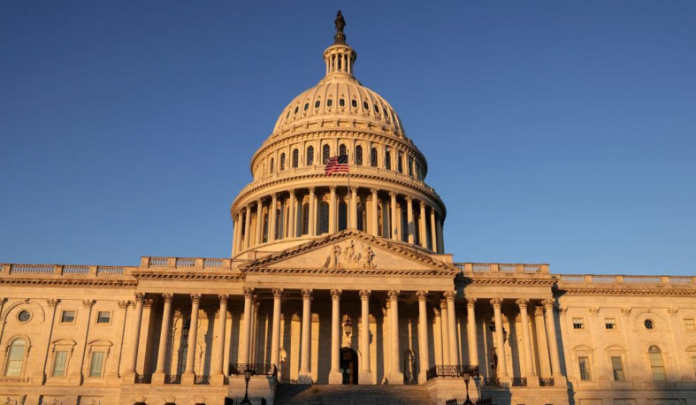Renowned conservative figure James L. Buckley has passed away at the age of 100. Buckley, who had a distinguished career in the US Navy and all three branches of the federal government, played a significant role in the Reagan administration. He is widely regarded by historians and political experts as one of the most prominent champions of conservative principles in the 20th century.
Born in Manhattan on March 29, 1923, Buckley’s journey saw him depart Yale University in 1942 to join the US Navy. Despite his departure, Yale honored him with a degree in the subsequent year. He played a vital role in significant Pacific battles such as Leyte Gulf and Okinawa. Concluding his service as a Lieutenant (Junior Grade) in 1946, he reengaged with academia, achieving a Bachelor of Laws from Yale in 1949.
Initiating his political journey in 1968, Buckley embarked on an unsuccessful bid for a New York Senate seat. He aligned with the Conservative Party of New York and secured the third position. Undeterred, he made a subsequent attempt in 1970 and emerged victorious, serving as a representative for his state from 1971 to 1977. Despite his affiliation as a Conservative candidate, he aligned with the Republican caucus.
Following his defeat in the 1976 election against Daniel Patrick Moynihan, and an unsuccessful attempt at a Connecticut Senate seat in 1980, Buckley’s trajectory took a turn when he was designated by newly inaugurated President Reagan in 1981 to serve as an undersecretary of state overseeing security, science, and technology.
A mere year later, Reagan entrusted him with the presidency of Radio Free Europe and Radio Liberty, platforms aimed at broadcasting to the communist-controlled nations of Eastern Europe. Eventually, in 1985, Reagan put forth his nomination for Buckley to assume a position on the US Court of Appeals for the DC circuit. This role persisted until his retirement in 1996.
During his later years, Buckley transitioned into a critic of the primary system, attributing to it the disarray and negative atmosphere prevalent in contemporary US politics. Rooted in classical conservative principles of advocating restrained government and personal liberty, his convictions were further guided by his Catholic beliefs. In 1953, Buckley entered matrimony with Ann Frances Cooley, with whom he shared the upbringing of six children.








